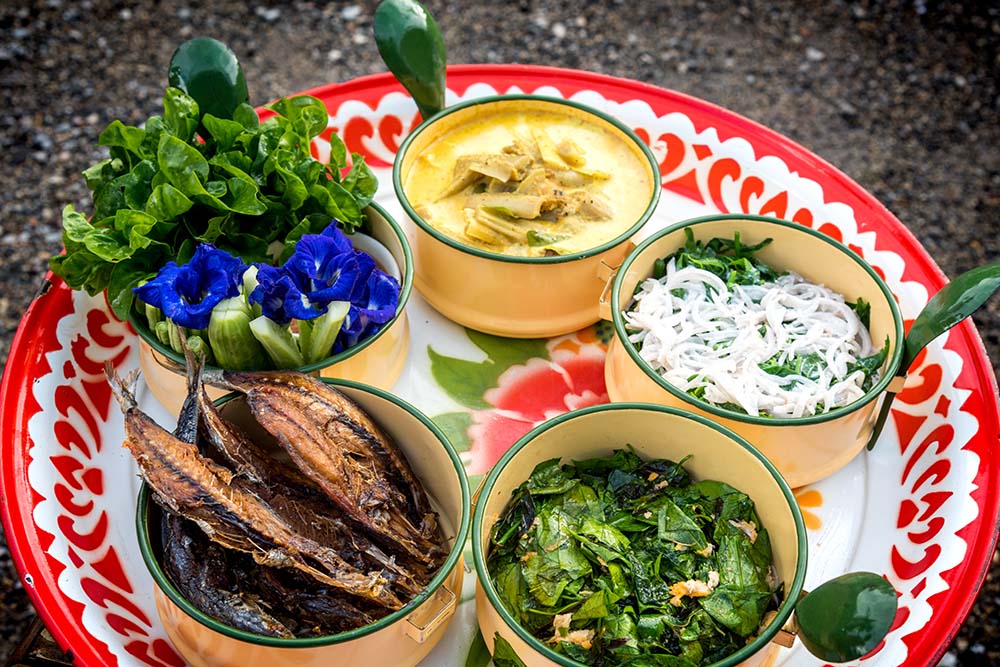Bangkok, 30 September 2019 – Research into gastronomic tourism in Thailand and how to explore strategies for building a competitive advantage produced surprising results with only 40 per cent of respondents claiming they knew Thai food and beverage well.
Under funding from the National Research Council of Thailand (NRCT), researchers polled 581 travellers in a questionnaire of 81 key items that showed the travel food trend shows no signs of slowing down. Tourists have long known that there is more to Thailand than culture and attractions. Thai food can be an experience itself, an adventure that teaches visitors about the local people and culture. For service providers, the key is to craft an immersive experience that cannot be found anywhere else that results in a culturally-rich lesson with a narrative filled with uniquely tasty Thai food.
The results were also confirmed by four leading Thai chefs who each offered their own individual perspective on the ‘Strategies for Building a Competitive Advantage of Gastronomic Tourism in Thailand’ forum held on 18 September, 2019, at the Anantara Siam in Bangkok.
Chef Vichit Mukura, former chef at The Oriental Bangkok Hotel’s Thai restaurant said the study identified four key elements: quality, price, uniqueness and cleanliness.
“Strategic concepts in the restaurant business are adapted to a rapidly changing world because the food culture must always be alert to new things. Uniqueness is an important selling point to food tourists using good herbs and good ingredients to create menus of traditional Thai flavours,” he said.
Chef Vichit suggested a focus of ‘one province, one dish’ from individual cities to help attract tourists to emerging destinations and impress them with memorable Thai food flavours.

Mr. Tanapat Suyao, the winner of the Master Chef Thailand Season 2, agreed. “My native town in Nan is my inspiration to create Thai food. Most Thai cooks look back to their traditional Thai food roots and use local inspiration that also appeals to fast-changing consumer tastes. But, I also agree that keeping up standards of preparation and ingredients while promoting uniqueness ensures that travellers have good culinary experiences in Thailand.”
According to Chef Pairos Prapairak, Executive Chef of the Hua Chang Heritage Hotel, strategic concepts in the restaurant business must adapt to the rapidly changing world.
“Use social media to find your own voice and showcase yourself to a larger audience. This is the key to exploring how to build strategies for a competitive advantage of gastronomic tourism in Thailand.”
Ms. Lertlinin Sippapak, co-owner of Café Chilli Restaurant, Pot Ministry, Chilli, and Eat Pot restaurants, offered two opinions. “The first one is on the restaurant side, where you have to create and make food that customers want to get them to come back again, and prepare food using the freshest possible ingredients always.”
Furthermore, she encouraged the public and private sectors to identity Thai food that is unique on a province by province basis like the former OTOP policy. She agreed with promoting the ‘one province, one dish’ concept championed by Chef Vichit to raise the profile of cuisine from emerging destinations to appeal to a worldwide audience.






